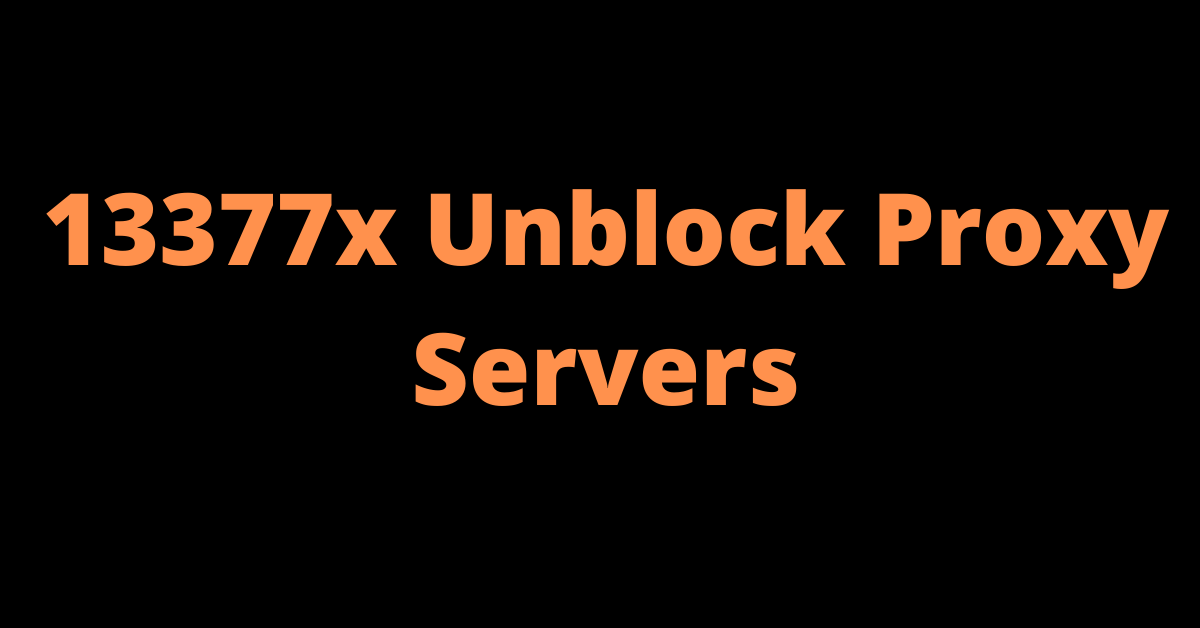The topic of blockchain has received a lot of media attention in the past years. Thus, it is no wonder that this technology has completely transformed how firms and industries are running their businesses. Most industries have so far shown interest in blockchain fund administration and would want to explore how incorporating the technology would benefit their daily operations.
When viewed at first glance, the technology of storing and recording transactions seems to be similar to the traditional database or ledger. Yet, in this case, the so-called blocks are unified cryptographically. This is the main way in which cases of fraud and corruption are kept at bay because of the formation of a secure and tight system.
How The Blockchain Fund Administration Functions
There is a set of information found on each block. This may include a transaction of proof of contract. A digital signature connects this information with the rest of the chain. Users can conduct virtual transactions which lack the presence of a middleman through blockchain fund administration.
This technology is not so new in the financial space. It was first introduced in 2008 and the term Bitcoin gained popular recognition in 2009. It was not so widely embraced and it was finally used as part of many business practices almost a decade later.
There is no need for a central authority and that is what makes this technology interesting. Transactions occur with complete transparency. It could have a real impact on the daily lives of people if it was applied in the following situations:
- Politics: incidences of corruption or discrepancies when counting the number of votes could be totally eliminated using this technology to run political elections.
- Fight against illicit activity: a permanent ledger in the system ensures accurate tracking of information. This would ensure no one would engage in the black market or fraudulent activity such as money laundering
- Financial services: with the elimination of transaction fees, customers and businesses could save a lot of money. It would also result in speedy transactions and greater
This technology is benefiting both commercial and financial transactions. Since it could still be a new concept to interested parties and investors, there needs to be active engagement with the key players within the community of digital currencies. A firm that offers such services to its clients should be well equipped with a team of attorneys who will provide legal advice to clients on the basics principles of this technology. It is also important for clients to be aware of the legal issues that are likely to arise for companies who wish to incorporate the technology into their operations.
A competent company will be ready to offer cutting-edge knowledge and guidance to clients. They should be guided from the first stage of exploration in which there are people who want to know more about the basic principles of the technology, to the ones who want to master all the insights for the integration of this technology.
Clients can be advised in the following areas:
- Business compliance on the money services platforms it may wish to utilize
- Proactive insurance coverage
- Advice on artificial intelligence technologies
- Fund formation in Bitcoin
- Cybersecurity and other issues related to digital currency
- Money transmitting licensees
Functions Of a Blockchain Wallet
This e-wallet makes it possible for users to manage their digital currencies. They allow a user to store Cryptocurrencies and also manage their balance on digital currencies such as Bitcoin and ether.
Creating a wallet is free and a user can quickly set up an online account. An individual will be asked to provide a working email address and a password. He will sue these details when logging into the account. The system will then send the account holder and automated email. He will click on the link provided in order to activate the account. Once the e-wallet has been created, a user will be provided with a wallet ID. It is similar to a bank account number. Wherever a user wants to access the wallet, they will log in to the blockchain website. Alternatively, a person can download the app and log it through their mobile phones.
A user can be able to view his current balances; the most recent transactions and even make a request to the third party for a specific amount of Bitcoin. In case of a request, the system will generate a unique address to be viewed by the third party. The address is generated every time a user makes such a request.
The interface has been actively used by users to buy and sell Bitcoin. A user can transfer the funds from his personal bank account or use a credit or debit card when making a purchase. The exchange rates are valid for only a short period of time. There is a small payment fee in case of bank transfers and the waiting period may be up to several days. In the case of debit or credit cards, there is immediate access to the Bitcoins although there is a large convenience fee.
Wallet security is undoubtedly one of the main concerns for users. This is because when unauthorized persons access a user’s account, he may lose the Cryptocurrency. In view of this, there are three main levels of security provided:
- Level 1: it is designed to stop users from losing their accounts. A verification process is required whereby a user provides his email address and then set up a password hint. He will also need to create a password recovery phrase that will be used to access his account in case he forgets the original password.
- Level 2: it is mainly targeted at protecting a user’s wallet from others. A user is expected to link a phone number and wait for a follow-up text message that has a one-time password.
- Level 3: it allows users to block Tor requests.
Read More:
- Securing Mobile App Development with Blockchain Technology
- The Profit Revolution: The Best Bitcoin Trading And Investing Platform
- Hiring a Blockchain Developer






















